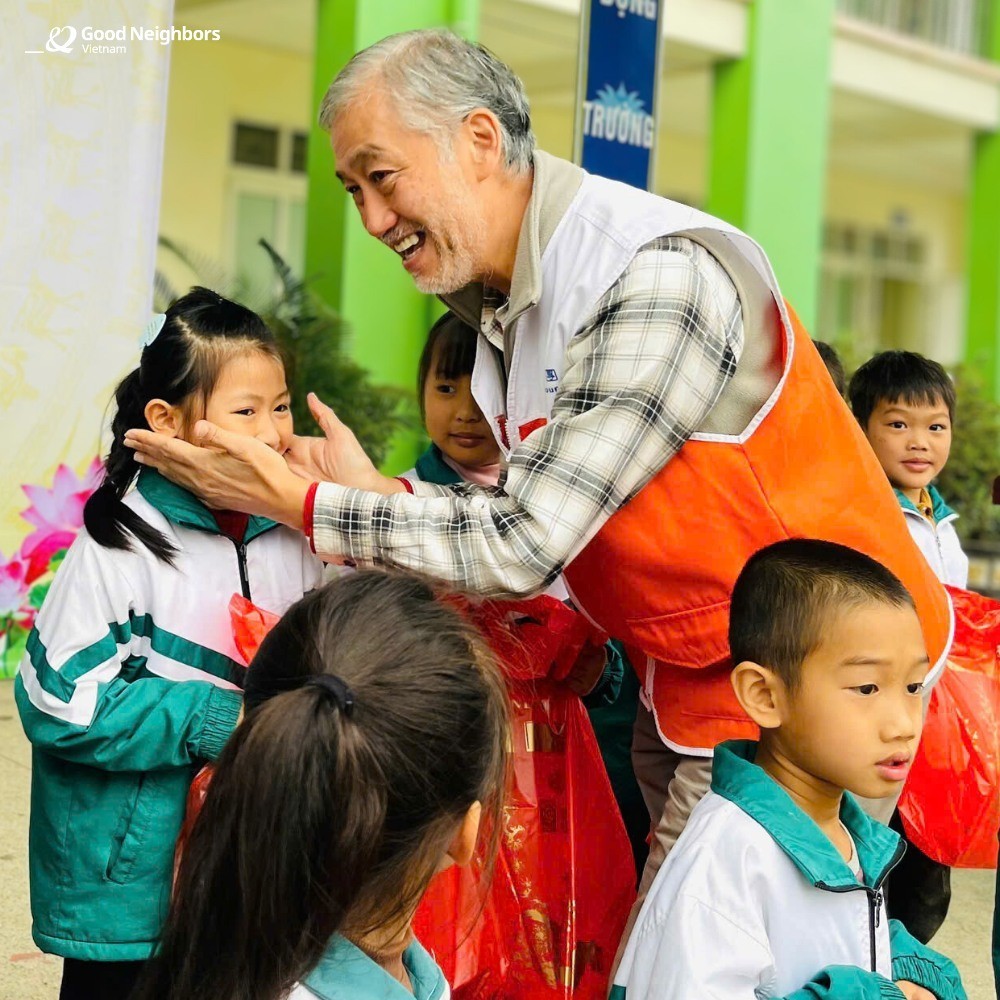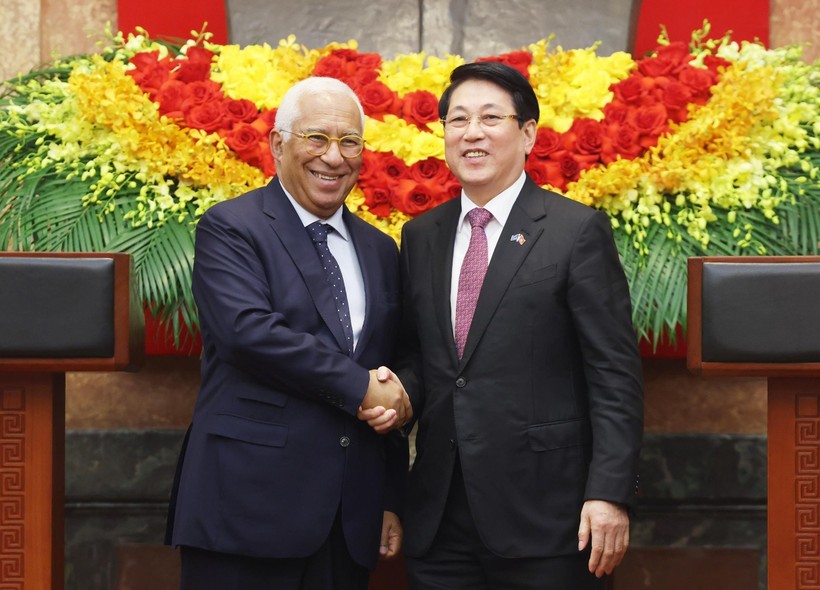WHO Donates 9,000 Doses of Life-saving Rabies Vaccine to High-risk Provinces in Vietnam
| Vietnam Remembers the Wholehearted Support of the Lao People | |
| Joint Project Launched to Improve Road Safety for Child, Adolescent |
The batch of post-exposure prophylaxis (PEP) rabies vaccines, valued at USD 100,000 (approximately VND 2.6 billion), aims to protect vulnerable populations, particularly ethnic minority communities and children, who are the most severely affected by rabies.
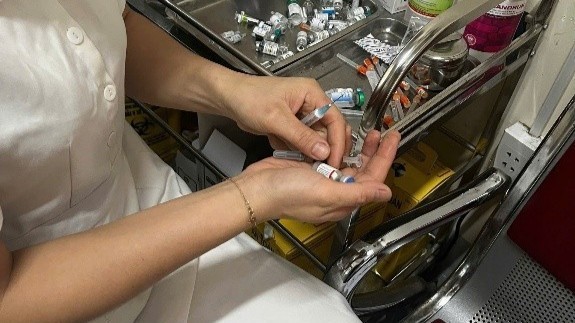 |
| A nurse prepares a rabies vaccine for a dog-bite victim. (Photo: Tuyen Quang CDC/Ha Ngoc Ha) |
Once rabies symptoms appear, the disease is almost invariably fatal, with a 100% mortality rate. However, it is entirely preventable if timely post-exposure vaccination is administered.
WHO has delivered the vaccine doses to the Centers for Disease Control (CDCs) of Phu Tho and Tuyen Quang provinces, following close coordination with the National Institute of Hygiene and Epidemiology (NIHE), the provincial People’s Committees, and the Ministry of Health. The support was made possible through funding from Gavi, the Vaccine Alliance.
Dr. Angela Pratt, WHO Representative in Vietnam, stated: “This support is not just about providing vaccines; it is a call to action. No one should die of rabies simply because they cannot afford a vaccine. We urge authorities to ensure that post-exposure prophylaxis vaccines are widely available and easily accessible to everyone, especially the poor and other vulnerable populations.”
This initiative is part of broader efforts to reduce rabies-related deaths - a disease that has shown an upward trend in recent years. In 2024 alone, Vietnam reported 89 deaths from rabies, nearly half of whom were children.
Dr. Pratt emphasized that vaccinating dogs remains the most effective and cost-efficient way to eliminate the source of infection. She noted that such efforts should be widely implemented at an affordable cost and enforced nationwide.
“We call for stronger intersectoral collaboration among the health, veterinary, and environmental sectors to eliminate rabies through the One Health approach,” she added.
Currently, human rabies vaccines are not covered by health insurance in Vietnam, and the cost of a full five-dose vaccination course is about VND 1.5 million.
WHO reaffirmed its commitment to continue supporting Vietnam’s National Rabies Prevention and Control Program for the 2022-2030 period and called on stakeholders to intensify efforts to achieve the global goal of “Zero human deaths from dog-mediated rabies by 2030.”
 | Friendship Medal Granted to American Friend who Helped Thousands of Vietnamese Patients Bearing in mind memory of a stranger's cry, Virginia Mary Lockett, an American physiotherapist, sold her house to move to Vietnam. Over the years, she ... |
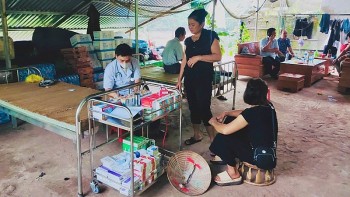 | WHO Assists Nghe An Province in Post-flood Disease Prevention and Control On July 31, Dr. Chu Trong Trang, Director of the Nghe An Center for Disease Control (Nghe An CDC), announced that the World Health Organization ... |
Recommended
 Expats in Vietnam
Expats in Vietnam
Vietnamese Tet - Where “Friends from Afar” Find a Sense of Belonging
 Viet's Home
Viet's Home
Ho Chi Minh’s Legacy in the Land of Roses - Bulgaria
 Viet's Home
Viet's Home
Vietnam Continues to Work with UNESCO to Safeguard Cultural Diversity in the Digital Era
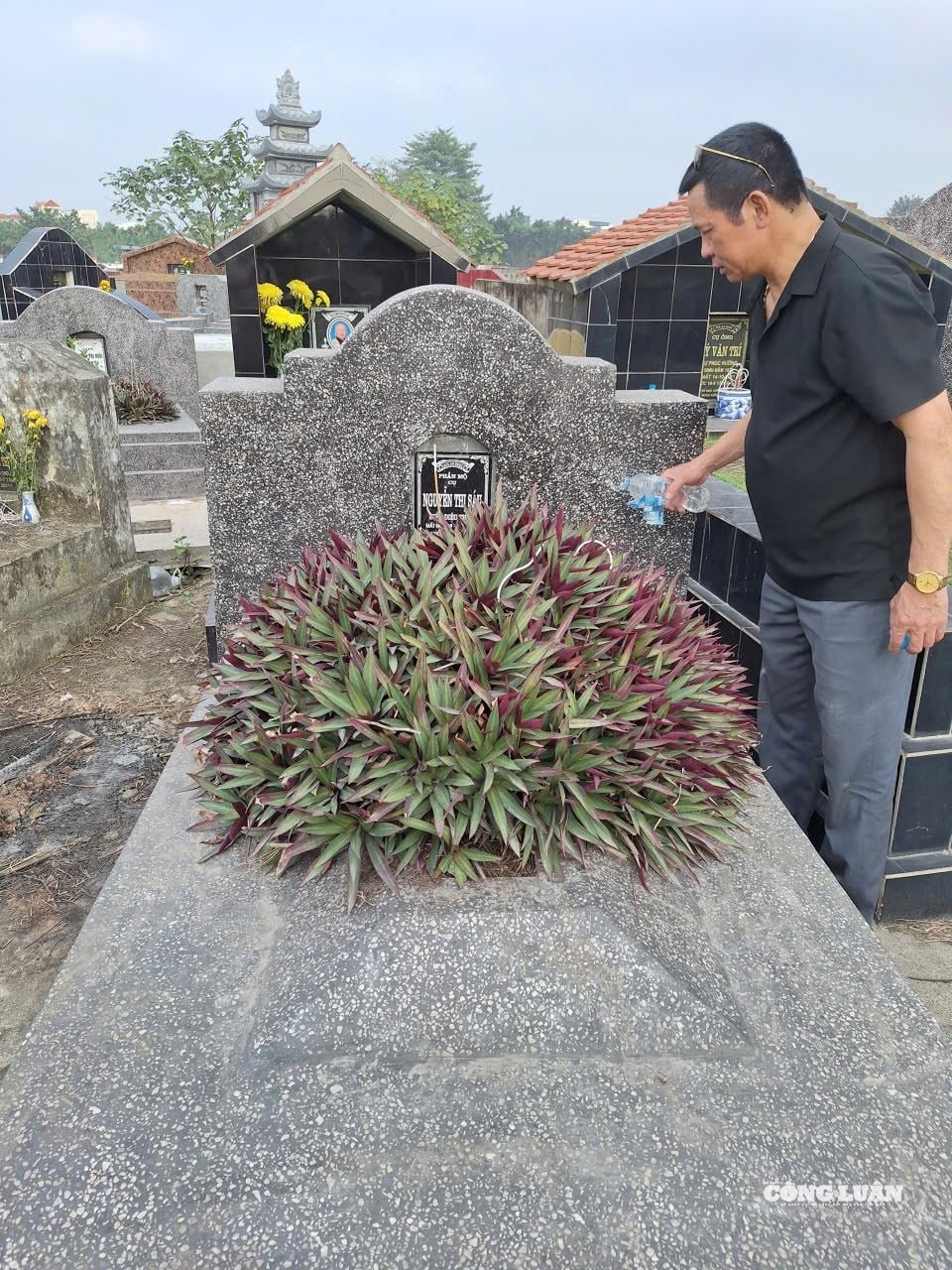 Viet's Home
Viet's Home
Inviting Ancestors Home for Tet
 Viet's Home
Viet's Home
Universities In Vietnam Organize Tet Activities For International Students
 Viet's Home
Viet's Home
Zhi Shan Foundation Sent Tet gifts to Over 3,000 Children in Mountainous Region of Quang Tri
 Viet's Home
Viet's Home
Hai Phong Brings Lunar New Year Gifts to Disadvantaged Families in Tran Phu Commune
 Viet's Home
Viet's Home

